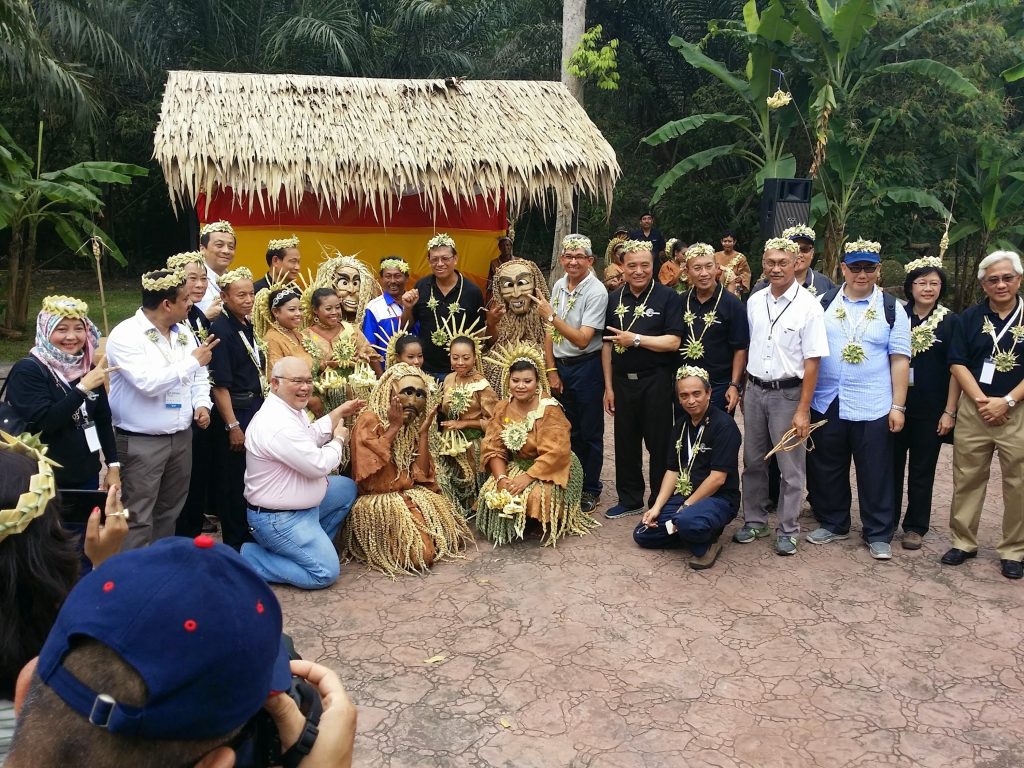
By Jeremy Seow
Eco-tourism has quickly gained popularity in Malaysia as travellers seek more sustainable ways to explore the country’s natural beauty. From rainforests to pristine beaches, Malaysia’s unique landscapes make it an ideal destination for eco-conscious travellers.
For brands and PR professionals in Malaysia, the challenge is clear—how can they effectively communicate sustainability without appearing insincere? The rising demand for sustainable travel is evident, with 83% of global travellers seeing it as important, according to Booking.com. This shift offers a great opportunity to align with the values of responsible tourism while promoting Malaysia’s eco-friendly destinations.
I spoke with Rene Leow from Emerald Communications, Allison’s preferred partner agency in Malaysia, about what this means for brands and PR professionals in the country.
How has Malaysia’s eco-tourism landscape evolved in recent years, and what role does sustainability initiatives play in this growth?
In recent years, Malaysia’s eco-tourism sector has experienced significant growth, driven by both increasing global interest in sustainable travel and government initiatives aimed at promoting nature-based tourism. Malaysia has strategically positioned itself as a leading destination for eco-tourism, even more so following the challenges posed by the COVID-19 pandemic, which shifted traveller preferences toward open spaces and natural experiences.
Malaysia is blessed with rich biodiversity and natural resources and recognized as one of only 17 megadiverse countries in the world. With its natural beauty and cultural heritage, Malaysia has a natural advantage to attract more eco-conscious tourists. More than ever, Malaysia must focus on the sustaining of its natural resources and rich biodiversity.
What are key elements PR practitioners should focus on when crafting messages for eco-conscious travellers?
Crafting messages for eco-conscious travellers should focus on several key elements that resonate with their values and preferences. This includes:
1. Focusing on sustainability practices your brand has adopted, such as using renewable energy, reducing waste and supporting local communities. This transparency builds trust and credibility with eco-conscious travellers.
2. Use compelling stories to create an emotional connection with your audience. Share personal stories about the impact of sustainable practices on local communities and ecosystems, inviting travellers to imagine their own experiences. Also, highlight local culture and conservation efforts by showing how travellers can become active participants of a bigger purpose.
3. Highlight educational content for travellers about sustainable tourism practices, such as minimizing their carbon footprint or supporting local economies. To offer tips on how travellers can make eco-friendly choices during their trips to Malaysia, enhancing their overall travel experience while aligning with their values.
4. Actively manage and showcase positive reviews that highlight your sustainability efforts. Authentic testimonials can influence potential customers by showcasing real experiences of eco-conscious travel. Collaborating with influencers who are passionate about sustainability is a prime example to enhance a brand’s reputation among eco-conscious travellers.
How can brands and tourism boards effectively communicate their commitment to sustainability without sounding overly promotional or engaging in greenwashing?
To effectively communicate their commitment to sustainability without falling into the traps of greenwashing, brands and tourism boards should adopt these key principles and practices:
1. Be Honest and Transparent
Brands should honestly communicate their sustainability efforts, backing claims with concrete actions and data. This makes the brand more authentic. At the same time, acknowledge limitations— even admitting some initiatives did not meet expectations could demonstrate genuine commitment to improvement.
2. Be Clear and Relatable
Use clear and straightforward language all audiences can easily understand. Avoid any jargon and enlighten. For example, translating complex concepts like carbon emissions into relatable terms (number of kilometres driven by a car) can help consumers more easily understand the impact. Also, avoid making grand claims about being “carbon neutral” without backing it up with evidence or data. Instead, use phrases like, “We are contributing to carbon neutrality with these initiatives.”
3. Focus on Actions that have a concrete impact rather than initiatives just to be seen as eco-conscious. For example, efforts to reduce electricity costs, especially among the lower income groups, is more relevant than promoting small-scale recycling programs that do not benefit people. The colloquial saying syok sendiri—somewhat translated as “self-gratification of doing good work without caring about the benefits to others” comes to mind.
4. Engage Stakeholders
Foster a culture of sustainability within the organization by engaging with and encouraging feedback from employees and customers about sustainability goals and practices. This collaborative approach can enhance credibility and stakeholder investment in sustainability efforts.
5. Provide Evidence and Verification
As always, third-party verification or case studies from independent sources will provide credibility to the communication efforts. Regular updates on sustainability initiatives also demonstrates ongoing commitment and progress.
As eco-tourism grows in Malaysia, effective communication is key to attracting responsible travellers. By focusing on genuine sustainability efforts, involving local communities and being transparent, brands and tourism boards can build trust with eco-conscious visitors. And with travellers increasingly seeking greener options, Malaysia is well-positioned to stand out as a leader in sustainable tourism.
To find out how Allison can partner your brand in travel and hospitality communications in Malaysia and the rest of the Asia-Pacific region, please reach out to Jeremy Seow ([email protected]).
Jeremy Seow is regional chief operating officer + head of client experience for APAC, based in Singapore.